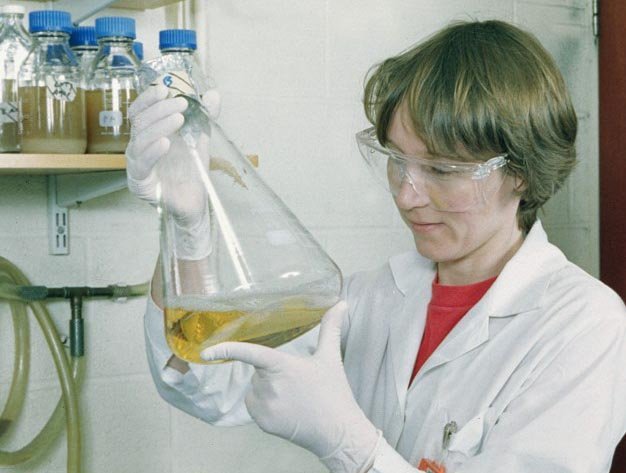By: Bernard Appiah
Send to a friend
The details you provide on this page will not be used to send unsolicited email, and will not be sold to a 3rd party. See privacy policy.
[BERLIN] Threats to strengthening the capacity of health research in low- and middle-income countries (LMICs), such as a lack of research infrastructure and overdependence on donor funding, need more action, as research holds a key to tackling neglected disease there, a conference has heard.
“Many people do feel strongly that weakened research capacity in those countries in which diseases are most endemic may be one of the major factors in their inability to curb, prevent, and treat diseases,” Jo Ivey Boufford, president of the New York Academy of Medicine, told delegates at a symposium of the World Health Summit in Berlin, Germany last month (21 October).
Boufford is also a former co-chair of the InterAcademy Medical Panel (IAMP), a global network of medical and science academies that is working to help strengthen research capacity and that issued a call to action on the topic in May.
She added that national and regional science and medical academies are in a better position than foreign institutions to influence policymakers with evidence and to support research capacity building in countries and regions where they operate.
Tikki Pang, a visiting professor at the National University of Singapore, said research capacity strengthening in Asia has seen some progress. This is especially so in China and India, which are seeing increasing numbers of clinical trials and science publications.
But he added that there was too much focus on research and development aimed at particular diseases instead of implementation research, which aims to strengthen health systems and explore how research findings could be applied in the real world.
According to Boufford, research conducted by the IAMP shows that countries in the global South have many challenges that threaten their efforts to build research capacity.
Among them are the lack of coordination between initiatives, inadequate political will, the removal of infrastructure once project funding ends, the transfer of data from LMICs to developed countries, their publication without any feedback to policymakers in the source countries and a focus on research that offers huge financial returns on investment, instead of on topics that are more locally relevant.
For example, Vincent Titanji, an honorary dean of the University of Buea, Cameroon, told the meeting that, despite traditional medicine practitioners providing 60-80 per cent of the healthcare needs of rural dwellers in Sub-Saharan Africa, research into the practice has been neglected.
Titanji attributed the problem partly to inadequate funding, an overdependence on donor countries and institutions, and an absence of coherent legal frameworks for coordinating health research in LMICs in Africa. “Measures should be put in place in each country to document, validate, regulate and integrate those traditional medicine practices that are efficacious and safe into the health system,” Titanji said.
He pointed to the need to reform “international assistance to empower LMICs to assume responsibility for their own health research”.














